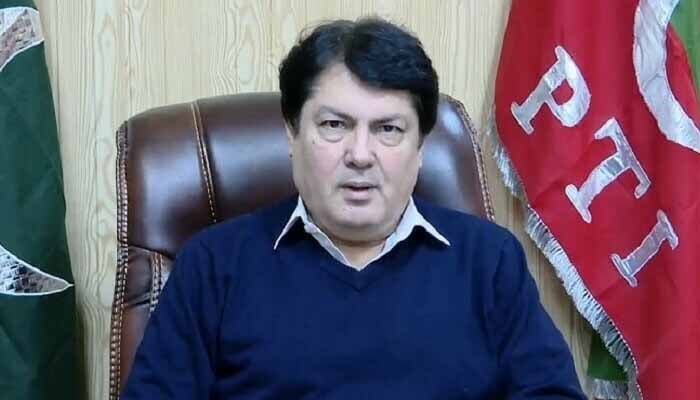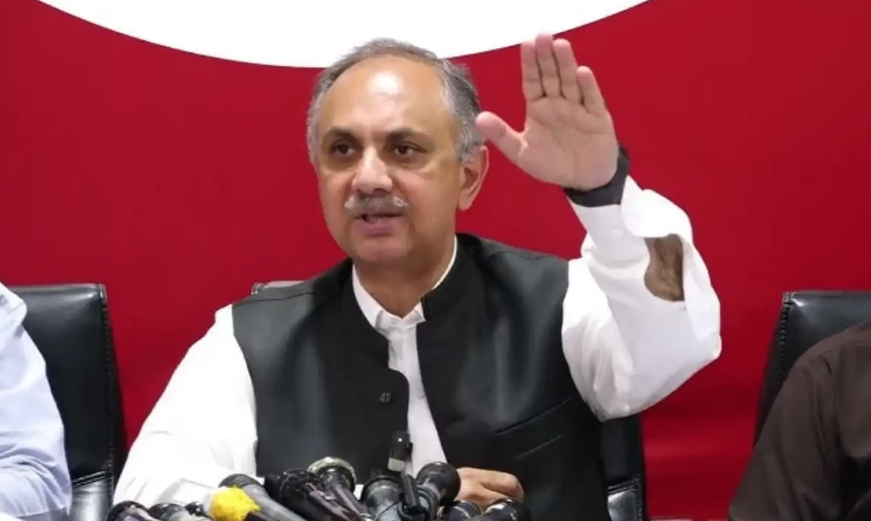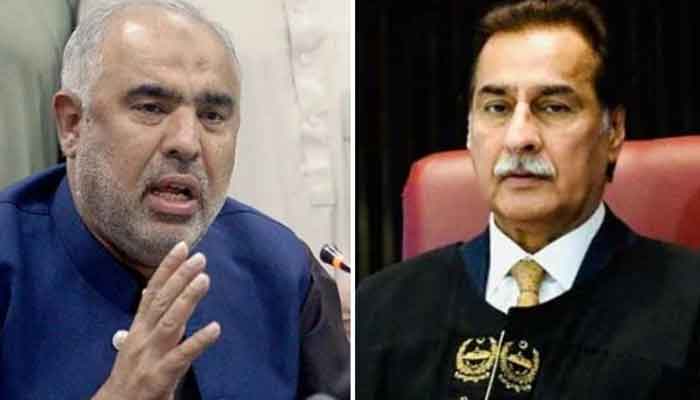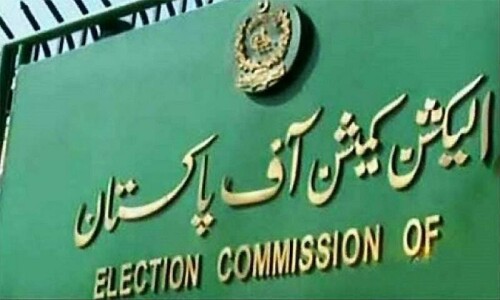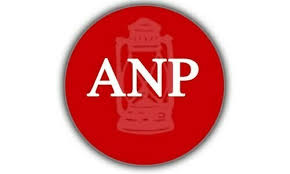POLITICS & POLICY MAKING
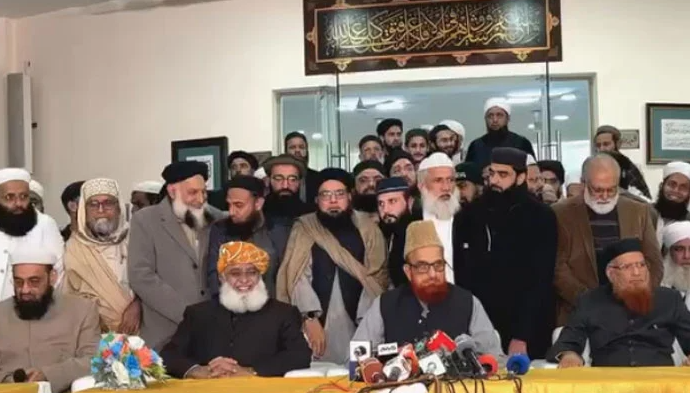
A significant development has occurred regarding the madrasa registration issue in Pakistan, with the government agreeing to all demands put forth by Ittehad-e-Tanazem Madrasas. The breakthrough was reached following a key meeting between Jamiat Ulema-e-Islam-Fazal (JUI-F) chief Maulana Fazlur Rehman and Prime Minister Shehbaz Sharif.
According to sources, the government has committed to registering madrasas under the Societies Registration Act of 1860, which addresses several concerns raised by the madrasa federation. This move is expected to bring madrasas into a more formalized system under Pakistan’s regulatory framework, offering better transparency and control over the institutions.
Prime Minister Sharif’s positive response during the meeting, coupled with his instructions to the Law Ministry to act in line with the law and the constitution, was welcomed by Maulana Fazlur Rehman. The JUI-F leader expressed optimism after the meeting, saying that the government had shown a willingness to take practical steps to implement the demands.
"All our questions have been answered positively," Maulana Fazlur Rehman said, adding that the Prime Minister’s commitment may eliminate the need for a joint parliamentary session on the matter. He also expressed hope that the issue would soon be resolved without further delays.
This development follows previous objections to the Madrasa Registration Bill, which had been raised by President Dr. Arif Alvi. The President had expressed concerns about the potential risks of registering madrasas under the Societies Act, citing possible consequences for Pakistan’s international standing with organizations like FATF (Financial Action Task Force) and GSP (Generalized System of Preferences). The President argued that such registration could lead to less oversight and more arbitrariness in madrasas' operations.
However, with the government now agreeing to proceed with the registration, it is expected that a formal gazette notification will be issued in the coming days, based on the 26th Constitutional Amendment. This is seen as a significant step toward resolving the madrasa registration issue, ensuring compliance with the law while addressing the concerns of religious groups.
The federation of madrasas and the Ittehad-e-Tanazem Madrasas had called for swift action and the immediate issuance of the notification, expressing frustration over delays. They had made it clear that they would not tolerate any further obstructions in resolving the matter, emphasizing that their demands were in line with the constitution and the law.
This development marks a positive shift in the relationship between the government and madrasa leaders, signaling a potential resolution to a long-standing issue that has been a point of contention in Pakistan's political and religious landscape.
